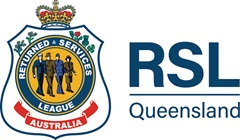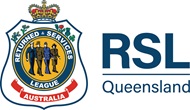
Sailor, protector, mentor
26 May 2025- First Nations
- History & commemoration
One of the first Torres Strait Islanders to join the Navy, RAN Indigenous Elder Uncle Phillip Bowie now mentors the next generation of Indigenous recruits.
Born on Remembrance Day – 11 November 1949 – Uncle Phillip Bowie was seemingly destined for service.
In 1965, he became one of the first Torres Strait Islanders to join the Royal Australian Navy (RAN).
He also carried forth the legacy of his grandfather – who served in the Torres Strait Light Infantry Battalion during World War II – and his father and uncle, who supported the battalion by transporting water to Horn Island.
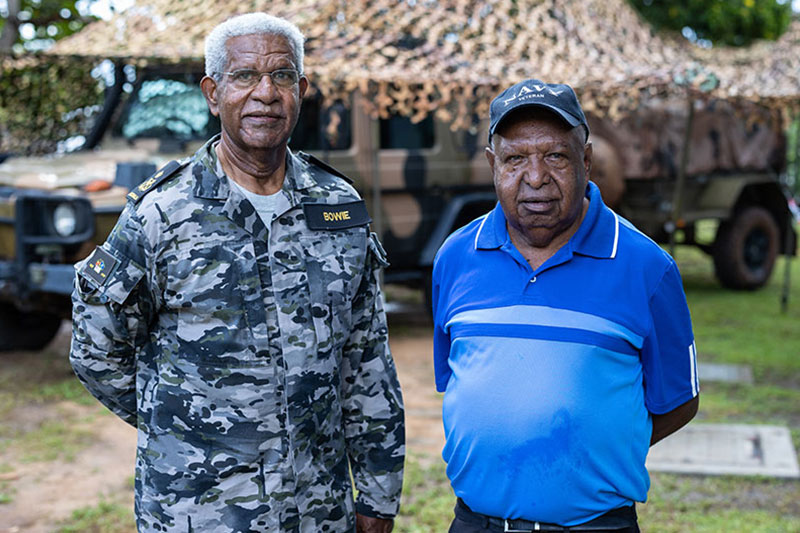
Royal Australian Navy Indigenous Elder Uncle Phillip Bowie (left) and Navy veteran John Adidi
“At that time, most of our troops were fighting overseas against Germany, and there weren’t enough left to defend the northern part of Australia,” Uncle Phillip explains.
“We were at threat from the invading Japanese forces, so they had to recruit.”
Despite not being considered Australian citizens, and having every aspect of their lives controlled by ‘protection’ laws, almost every able-bodied male Torres Strait Islander of age enlisted – proportionately more than any other Australian community, according to the Australian War Memorial.
“It was hard for some of our men at that time because we were still under the Aboriginal Protection Act,” Uncle Phillip says.
“But they wanted to protect our country. Just about every Torres Strait Island man joined the Army to protect the north.
“That's where my passion is: serving country and protecting country.”
Nine years in the Navy
Uncle Phillip credits his mother with steering him towards a Naval career.
“My dad wanted me to work on the luggers and go crayfishing and that. But Mum didn't want me to go down that path because we were privileged with education,” Uncle Phillip says.
Seeking better opportunities for her son, Uncle Phillip’s mother enrolled him in Thursday Island’s (Waibene’s) only non-segregated school. While he was banned from speaking his language there, he was largely freed from the restrictions of the Protection Act.
At 16, he enlisted in the Navy and travelled to HMAS Leeuwin, Fremantle, to train as a junior recruit. Twelve months later, he was drafted to the aircraft carrier HMAS Melbourne, touring with the Far East Strategic Reserve during the Vietnam War.
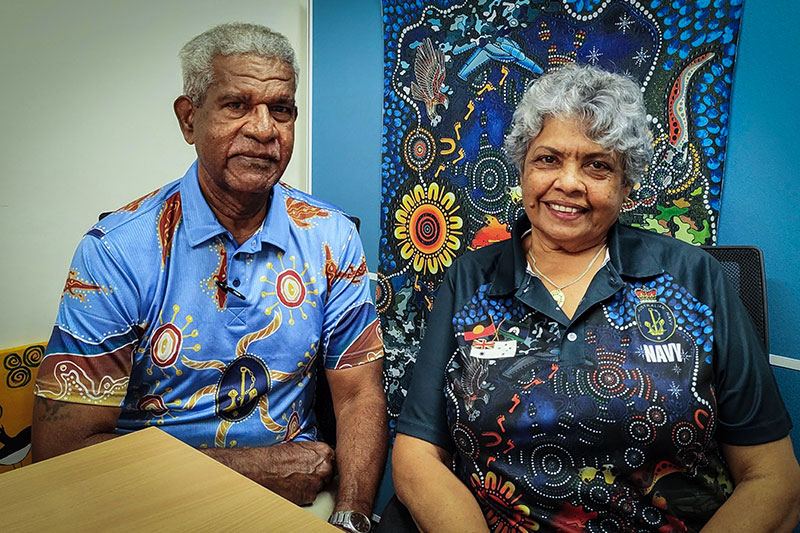
Uncle Phillip Bowie and Aunty Fran Visini are the Royal Australian Navy’s first Indigenous Elders (image credit: Defence Australia)
Being far from home, in a vastly different culture, at a young age wasn’t easy.
“There was no family support or mobile phones in those days. You'd come home on leave, but every 12 months you'd be away again,” he says.
“But I don't regret it because I made a lot of friends. Every couple of years we get together and have a reunion. That keeps me looking forward and planning ahead.”
Uncle Phillip went on to serve in the ships Cerberus, Stalwart, Paluma and Barbette, advancing from ordinary seaman to engineer, diesel engineer and firefighter.
He served for close to nine years, discharging in 1974 before joining Cairns’ civil aviation fire service.
“I watched the first jumbo jet land in Cairns and when I went out to the fire station, there were all Vietnam vets out there too, so it was like a big family again,” he recalls fondly.
“Since then, it's all been up and not down.”
Leading by example
After the fire service, Uncle Phillip spent 24 years working for Queensland Health – first as a drug and alcohol counsellor, then at Cairns Base Hospital.
Then, in 2022, he and fellow veteran sailor Aunty Frances Visini re-enlisted as the Navy’s first Indigenous Elders.
As well as mentoring and supporting new recruits – particularly with the Navy Indigenous Development Program (NIDP) – their roles help strengthen cultural knowledge and build links between Defence and Indigenous communities.

As a Navy Indigenous Elder, Uncle Phillip Bowie mentors and supports the next generation of Indigenous Defence Force recruits (image credit: Defence Australia)
“I think my and Frances’ role is evolving; it can only get better,” Uncle Phillip says.
“Our role as Elders is to set a good example and lead by example. We've lived through all of that and come out the other side. They can ask us anything and we've got answers. Young people won't listen to their parents, but to me – an Elder – they listen.”
He’s eager to emphasise the importance of education, and to make young Indigenous Australians aware of the many opportunities that the Defence Force can offer.
“Our next leaders in some of the Aboriginal and Torres Strait Island communities are going to be ex-service people, and they've got all the qualities of leadership. My vision is to support those and all young people.”
Commemoration through storytelling
Service continues to run in Uncle Phillip’s family – a legacy that gives him pride.
“My brother, sister, nephews and cousins have all have joined the Defence Force themselves,” he says.
“It was like a tradition for us to not only represent our people, but to also protect family.
“I'm sort of proud that I set that example for them pre- and post-segregation.”
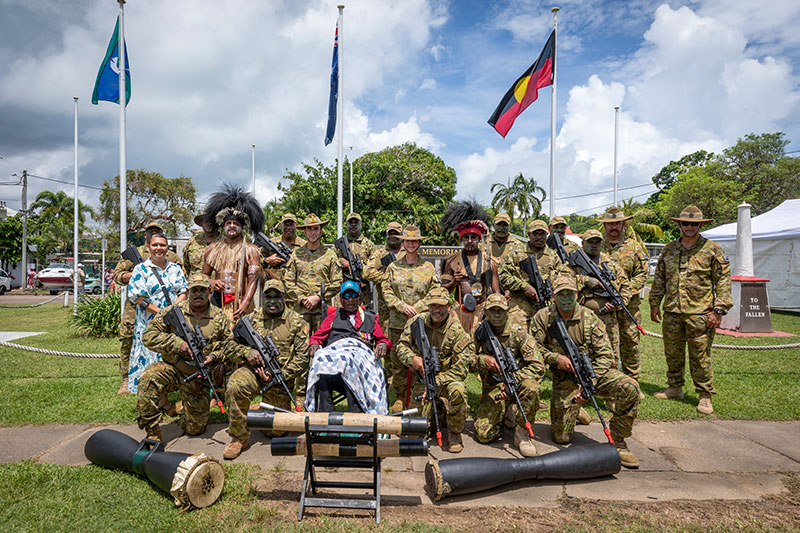
The 80th anniversary of the founding of the Torres Strait Light Infantry Battalion on Thursday Island in 2023 (image credit: Defence Australia)
Commemorating Indigenous service is an important part of Uncle Phillip’s culture that he wants to see preserved for generations to come.
“They were our role models. We grew up respecting the elders, and we honoured that because of our culture,” he explains.
“It’s a top-down approach. We don't have a written history; we practise talking to our young ones. It's all handed down through storytelling.”
This December will mark 60 years since Uncle Phillip’s enlistment. In all that time, he has “never missed an ANZAC Day”, and he is honoured to once again be taking part in the annual Indigenous Veterans’ Ceremony – this year as keynote speaker.
“We live in a fast world, and people forget that we live in a safe place now, and have access to opportunities, because of the actions that our service people took before,” he says.
“I've travelled overseas; I've seen how people in other countries live, and I can't stress enough that we are a very lucky country.”
Indigenous Veterans’ Ceremony
The annual Indigenous Veterans’ Ceremony recognises all Aboriginal and Torres Strait Islander peoples who have served in Australia’s armed forces.
Join us in person or online to commemorate their invaluable contribution.
Related News
Loading
